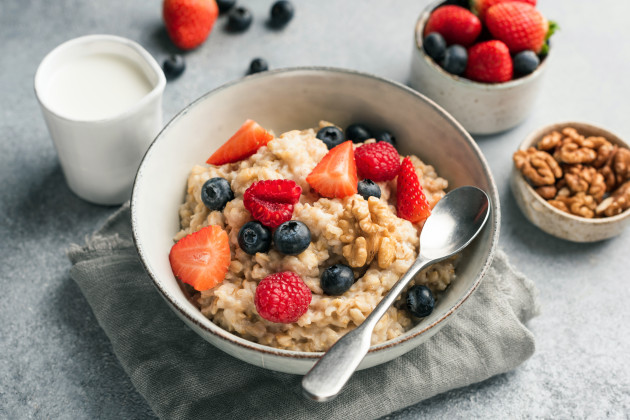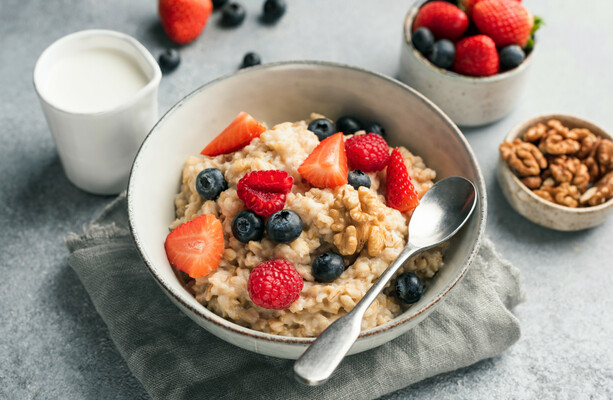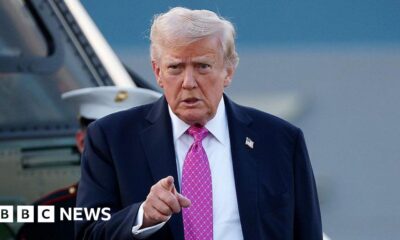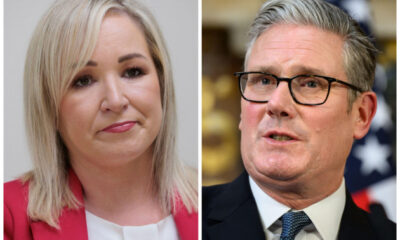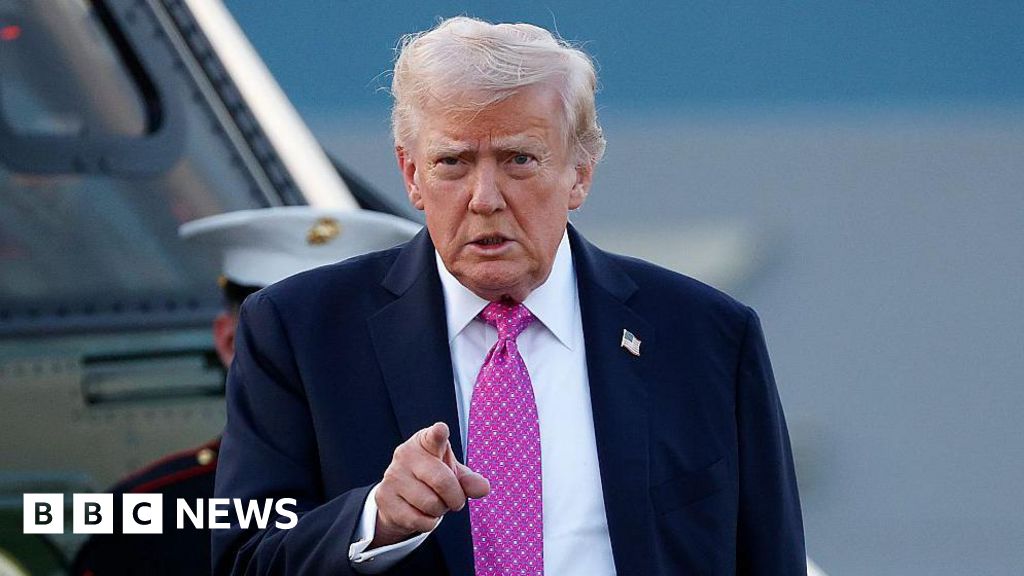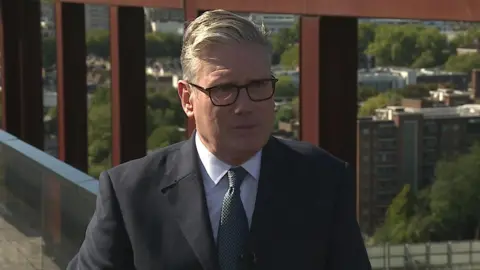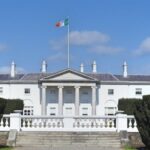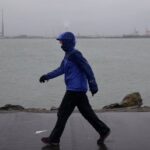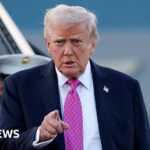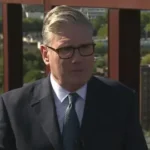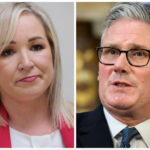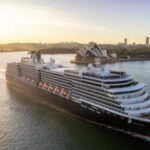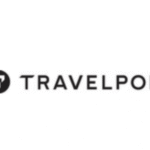LAST UPDATE
|
26 mins ago
GOOD MORNING – AND happy Friday.
Here’s all the news you need to know as you start the day.
GAA Palestine
1. Immigration officials refused to grant visas to a Palestinian GAA club for a visit to Ireland this summer due to fears they would not leave the country, The Journal can reveal.
GAA Palestine, who were due to travel to Ireland from the West Bank in July, were told at the time that their visa applications were refused due to “insufficient documentation” by the Irish Immigration Service.
Tariffs
2. US President Donald Trump has announced a raft of new taxes on imported goods, including 100% tariffs on branded pharmaceutical drugs, which is due to start on 1 October.
In August, it was announced that pharma and car exports from the EU to the US would be subjected to a 15% tariff rate in a trade deal struck between both parties. It was not clear how these new tariffs would factor into the existing measures.
Sligo
3. Members of the Coast Guard are searching for a fisherman who they believe went overboard off the coast of Sligo yesterday evening.
Malin Head Coast Guard is coordinating the search and rescuers are focusing on the waters off Mullaghmore and into Donegal Bay.
James Comey
4. Former FBI director and prominent Donald Trump critic James Comey has been indicted on two criminal counts as the US president escalated a campaign of retribution against his political foes.
Housing
5. Mortgage approvals have reached a record value of €16.7 billion in the last year, despite a decrease in the number of approvals given.
Childcare fees
6. Government has have to make a “judgement call” in this year’s Budget about whether to invest resources into boosting the number of childcare places or whether to slash fees further, according to Tánaiste Simon Harris.
Data centres
7. Taoiseach Micheál Martin has said the huge energy demands of artificial intelligence (AI) means Ireland needs to get large-scale wind farms “over the line”.
Mo Chara
8. Kneecap’s Liam Óg Ó hAnnaidh will appear in Westminster Magistrates’ Court in London to find out whether his terrorism charge will be thrown out.
Brit Cards
9. Northern Ireland First Minister Michelle O’Neill has slammed the UK government’s proposed plans for new digital ID cards that will allow the verification of a citizen’s right to live and work in the UK.

